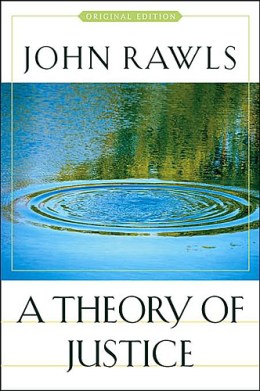
Before John Rawls, there were basically three schools of ethical thought (aside from religious texts): Aristotle’s Nicomachean ethics, Immanuel Kant’s categorical imperative and John Stuart Mill’s utilitarianism. But Rawls, for years an ethics professor, devised something new. He formed a series of thought experiments to determine what we would do if we had no knowledge of ourselves — no information about our race, our gender, our ethnicity. Behind this “veil of ignorance,” we find ourselves in the “original position,” and only then, Rawls argues in A Theory of Justice (published in 1971), can we determine “right actions,” or what Rawls said would be based on the two principles of justice: 1) that everyone should have equal rights to the most extensive basic liberties, and 2) that social and economic inequalities should benefit the least advantaged in society and allow a fair equality of opportunity for offices and positions. While Rawls’ philosophy is often criticized for its idealism, he is one of the few 20th century philosophers whose name became an adjective, Rawlsian, and who made a mark not only in his field but also in our world of inequality and ethical dilemmas. Rawls, who won the National Humanities Medal in 1999 and is credited with reviving interest in political philosophy, is one of the rare thinkers whose work is referenced in judicial decisions across Western democracies.
